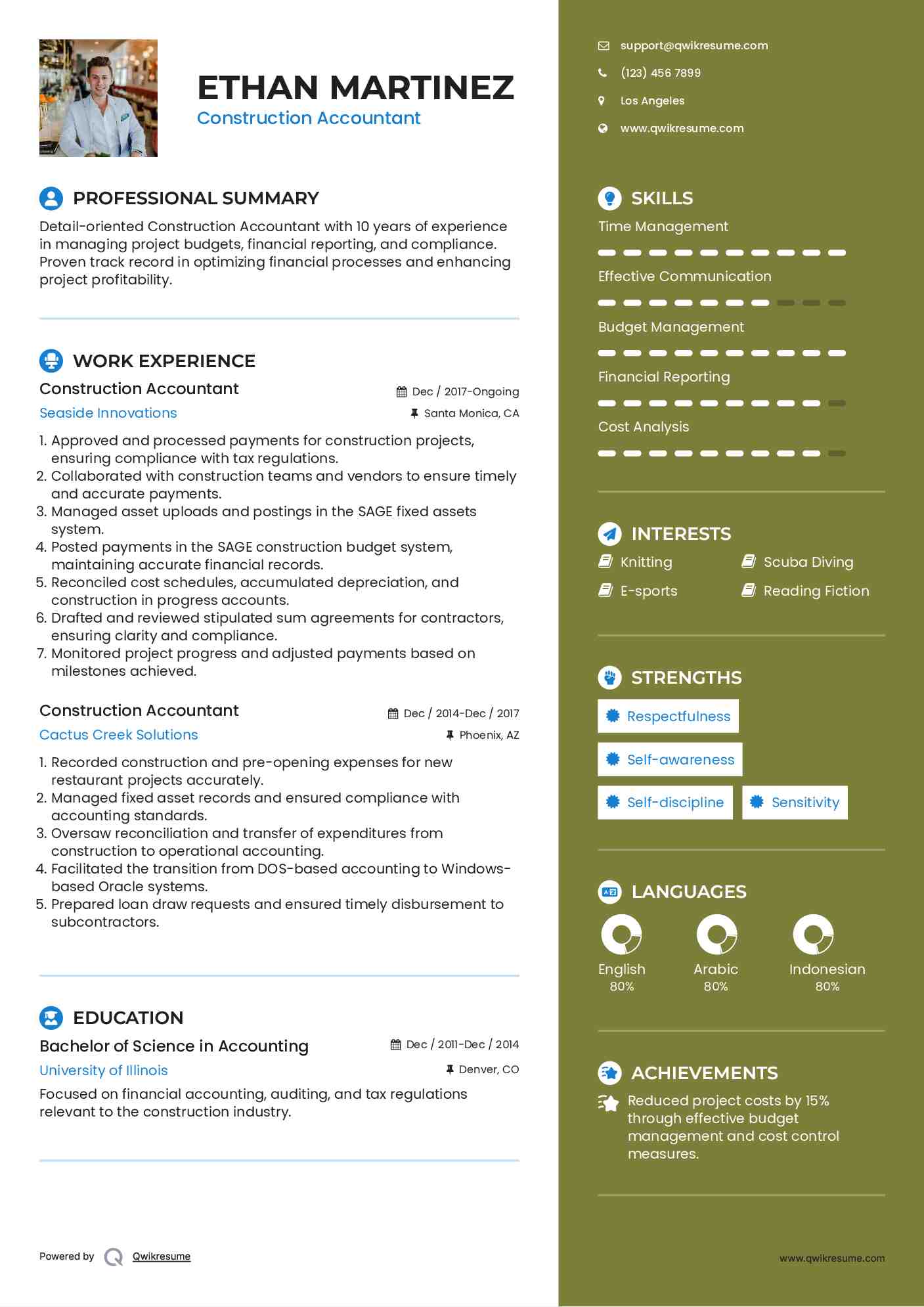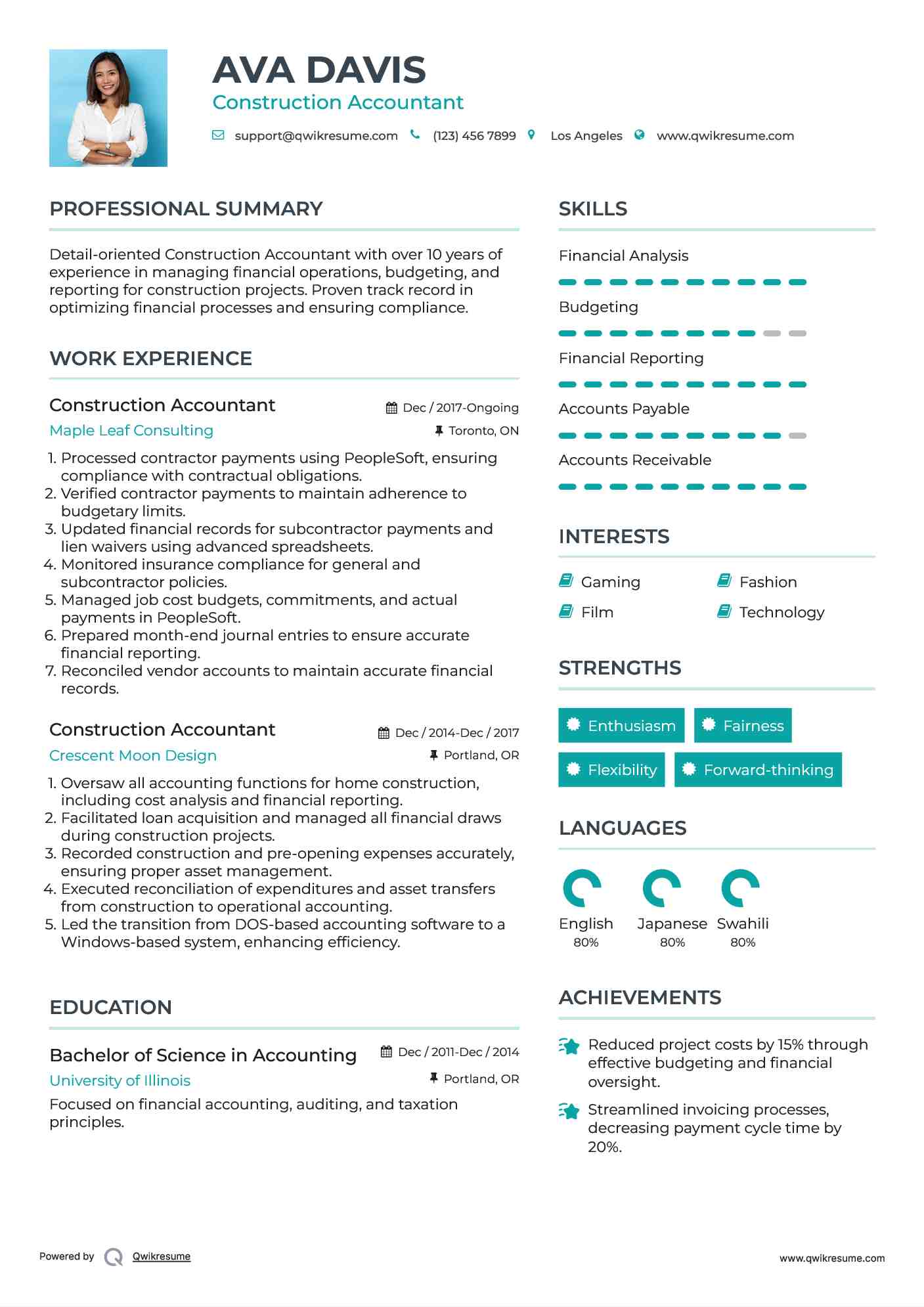The 2-Minute Rule for Pvm Accounting
The 2-Minute Rule for Pvm Accounting
Blog Article
Pvm Accounting Can Be Fun For Anyone
Table of ContentsMore About Pvm AccountingA Biased View of Pvm Accounting10 Easy Facts About Pvm Accounting ExplainedHow Pvm Accounting can Save You Time, Stress, and Money.The smart Trick of Pvm Accounting That Nobody is Talking About5 Easy Facts About Pvm Accounting Explained
Ensure that the bookkeeping process abides with the law. Apply needed building audit criteria and treatments to the recording and reporting of building and construction activity.Understand and keep common cost codes in the audit system. Connect with different funding agencies (i.e. Title Company, Escrow Firm) relating to the pay application procedure and needs needed for repayment. Manage lien waiver disbursement and collection - https://packersmovers.activeboard.com/t67151553/how-to-connect-canon-mg3620-printer-to-computer/?ts=1716381310&direction=prev&page=last#lastPostAnchor. Screen and fix bank concerns including fee anomalies and inspect distinctions. Assist with applying and preserving internal economic controls and treatments.
The above declarations are meant to describe the general nature and degree of work being carried out by people appointed to this category. They are not to be taken as an exhaustive list of duties, tasks, and skills needed. Employees may be called for to perform tasks outside of their normal obligations once in a while, as needed.
How Pvm Accounting can Save You Time, Stress, and Money.
Accel is looking for a Construction Accountant for the Chicago Office. The Building and construction Accounting professional does a range of accounting, insurance policy conformity, and project management.
Principal obligations include, however are not limited to, managing all accounting features of the company in a prompt and precise fashion and providing records and schedules to the company's certified public accountant Company in the preparation of all financial declarations. Guarantees that all bookkeeping treatments and features are handled precisely. In charge of all economic records, pay-roll, banking and daily procedure of the bookkeeping function.
Prepares bi-weekly test equilibrium reports. Works with Project Supervisors to prepare and upload all regular monthly billings. Procedures and concerns all accounts payable and subcontractor payments. Creates regular monthly wrap-ups for Employees Settlement and General Obligation insurance premiums. Generates regular monthly Task Cost to Date records and dealing with PMs to integrate with Job Supervisors' allocate each project.
The 9-Second Trick For Pvm Accounting
Efficiency in Sage 300 Building And Construction and Genuine Estate (formerly Sage Timberline Office) and Procore building monitoring software program a plus. https://packersmovers.activeboard.com/t67151553/how-to-connect-canon-mg3620-printer-to-computer/?ts=1716381310&direction=prev&page=last#lastPostAnchor. Should additionally excel in other computer system software application systems for the preparation of records, spread sheets and other accountancy analysis that may be needed by monitoring. Clean-up accounting. Must have strong organizational abilities and capability to prioritize
They are the economic custodians who guarantee that construction jobs remain on budget, comply with tax obligation policies, and maintain monetary transparency. Building and construction accountants are not simply number crunchers; they are calculated companions in the construction procedure. Their primary function is to manage the financial facets of building tasks, guaranteeing that resources are assigned effectively and financial threats are reduced.
The Pvm Accounting Statements
They work very closely with job managers to develop and keep an eye on budgets, track expenditures, and forecast financial requirements. By keeping a limited grasp on project finances, accounting professionals aid avoid overspending and economic setbacks. Budgeting is a cornerstone of successful building and construction tasks, and building accounting professionals contribute in this respect. They develop thorough budgets that include all project expenses, from materials and labor to permits and insurance coverage.
Navigating the facility internet of tax obligation guidelines in the building and construction sector can be difficult. Construction accountants are skilled in these regulations and guarantee that the task complies with all tax demands. This includes managing pay-roll tax obligations, sales tax obligations, and any other tax commitments details to building and construction. To master the duty of a building and construction accountant, individuals need a strong educational structure in bookkeeping and financing.
In addition, qualifications such as State-licensed accountant (CPA) or Qualified Building Sector Financial Expert (CCIFP) are very pertained to in the market. Working as an accountant in the building industry features an unique collection of difficulties. Construction tasks usually include limited target dates, changing policies, and unanticipated expenses. Accountants must adapt rapidly to these obstacles to maintain the project's economic wellness intact.
Pvm Accounting Things To Know Before You Buy

Expert accreditations like CPA or CCIFP are also very suggested to demonstrate competence in building and construction accounting. Ans: Building accounting professionals create and check spending plans, recognizing cost-saving chances and making sure that the task stays within budget plan. They additionally track costs and forecast monetary needs to avoid overspending. Ans: Yes, building accounting professionals manage tax obligation compliance for construction jobs.
Intro to Building Audit By Brittney Abell and Daniel Gray Last Updated Mar 22, 2024 Construction firms need to link make hard selections amongst many monetary options, like bidding process on one task over one more, picking financing for products or equipment, or establishing a task's earnings margin. On top of that, building is an infamously volatile market with a high failure price, slow time to payment, and inconsistent capital.

Common manufacturerConstruction service Process-based. Manufacturing entails repeated processes with quickly recognizable expenses. Project-based. Manufacturing needs different processes, materials, and equipment with varying prices. Dealt with place. Manufacturing or production occurs in a single (or several) controlled areas. Decentralized. Each project takes area in a brand-new location with differing website conditions and distinct difficulties.
Rumored Buzz on Pvm Accounting
Lasting connections with vendors alleviate arrangements and boost effectiveness. Irregular. Regular use of various specialized specialists and distributors affects effectiveness and capital. No retainage. Repayment arrives in full or with regular payments for the complete agreement amount. Retainage. Some part of repayment might be withheld till task completion even when the professional's work is finished.
Routine manufacturing and short-term agreements result in convenient cash money circulation cycles. Irregular. Retainage, slow repayments, and high ahead of time prices lead to long, uneven capital cycles - construction bookkeeping. While standard producers have the advantage of regulated environments and optimized production procedures, building companies need to regularly adjust to every brand-new project. Also rather repeatable jobs call for adjustments as a result of site conditions and other elements.
Report this page